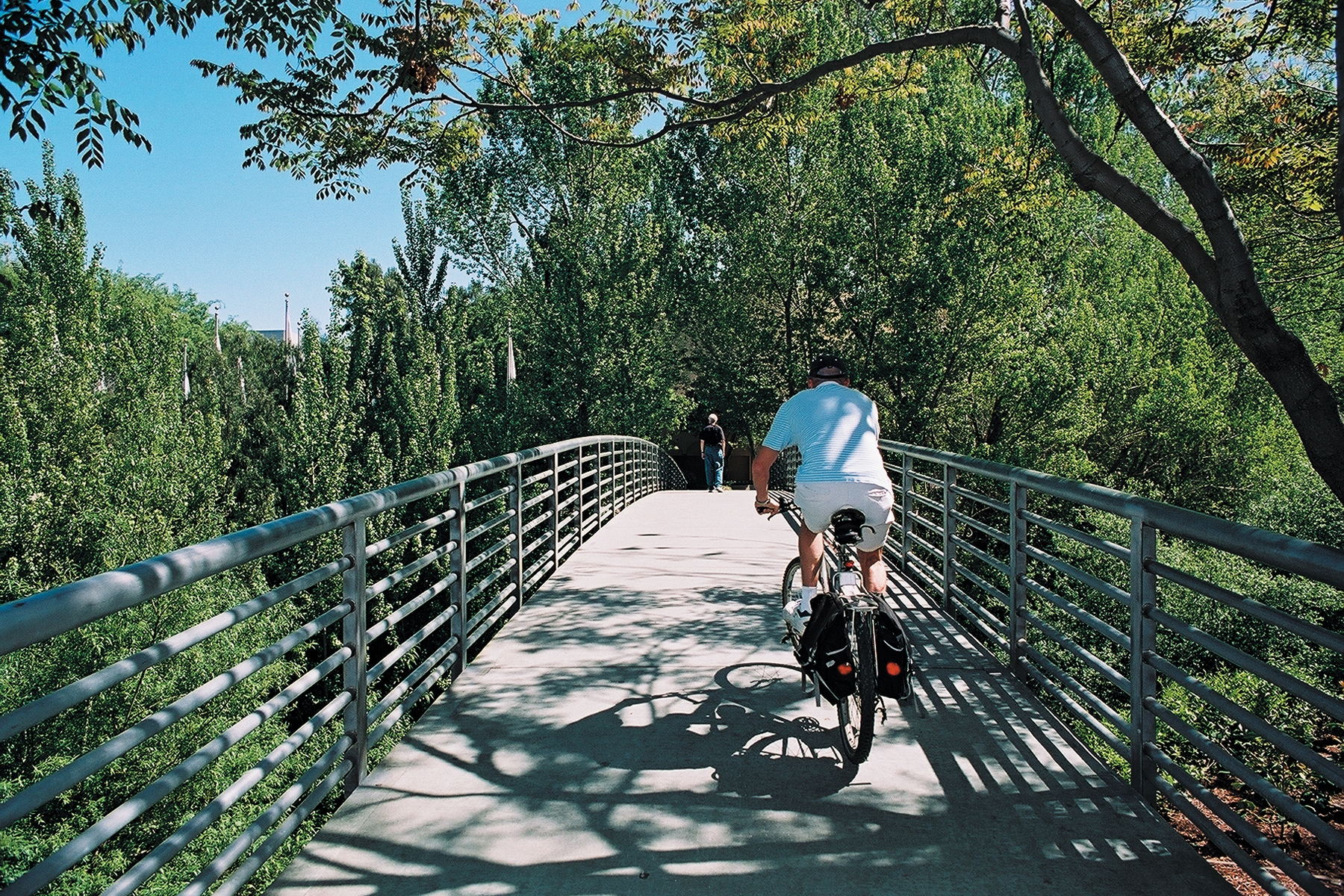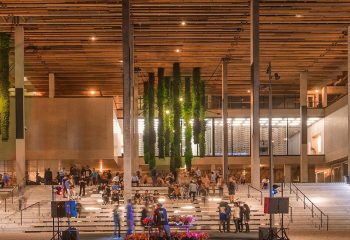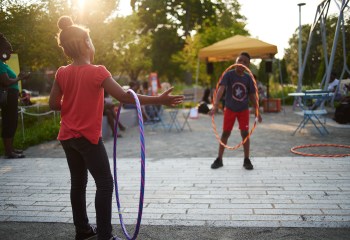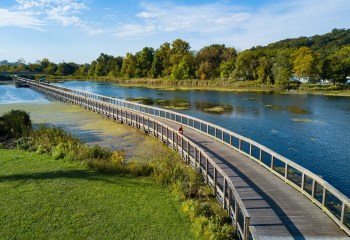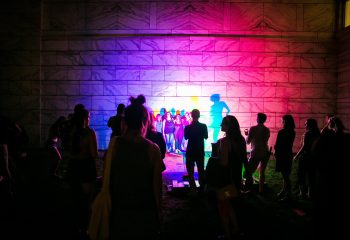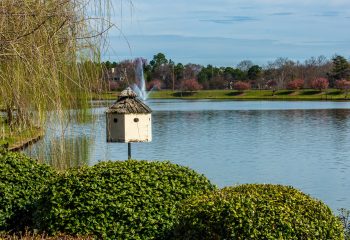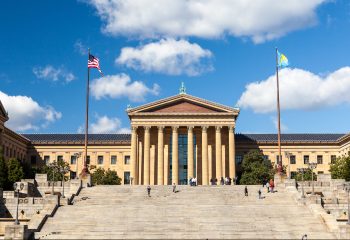SAN JOSE – A landmark study finds that access to recreational public spaces such as parks drives deeper connections for residents to their communities, but that San Jose residents have a gap in accessing those amenities along socioeconomic lines.
Commissioned by the Knight Foundation and conducted by the Urban Institute, “Community Ties: Understanding what attaches people to the place where they live,” reveals that residents with access to recreational areas like parks, trails and greenspaces feel more attached to their communities. In San Jose, the data shows a gap along socioeconomic lines in reported access to recreational areas.
Some key findings include:
- Roughly 93% of San Joseans earning more than $100,000 per year felt they had easy access to recreational areas in the city, while only 83% of residents making less than $35,000 felt they had access to the same amenities. This reveals disparities in who has access to the public spaces that contribute to residents’ overall connection to the community.
- Local San Jose data from the study shows that 69% of lower income residents said recreational areas are very important to them, higher than the 62% of higher income residents who said the same.
“Community Ties shows that, as San Jose continues to invest in recreational areas and public green spaces, we must keep equity and access in mind,” said Christopher Thompson, director of Knight Foundation’s San Jose program. “Recently, we invested in Guadalupe River Park’s future to transform it into a premiere downtown destination. We must collectively work to ensure that everyone has equal access to this local gem and other public spaces in the city.”
Conducted prior to the Covid-19 shutdowns, Community Ties leverages a survey of over 11,000 Americans residing in metro areas across the country — including San Jose — to create one of the richest datasets on what drives attachment to place.
- Those with access to quality of life amenities such as arts, recreational areas and safe places to live, work and play reported a deeper attachment to their community, compared with those who had access to jobs, affordable housing, schools, health care or other desirable features.
- The San Jose data reveals how attached local residents are to the city and where gaps in access exist across urban amenities. It offers points of consideration for such leaders such as — boosting time in center city, focusing on quality of life, paying attention to issues of equity — to strengthen residents’ ties to their communities.
As cities plan for a post-COVID-19 world and reckon with racial justice, the report provides knowledge for public officials and other community leaders to help make cities more resilient, urban public spaces more equitable, and think anew about how to build places where people want to live, work, play and stay.
To see how your city compares in different areas with other Knight communities and the national averages, go to our interactive website.
For interviews, please contact Alexa Lamanna at [email protected] or (202) 320-2766.
# # #
About the John S. and James L. Knight Foundation
Knight Foundation is a national foundation with strong local roots. We invest in journalism, in the arts, and in the success of cities where brothers John S. and James L. Knight once published newspapers. Our goal is to foster informed and engaged communities, which we believe are essential for a healthy democracy. For more, visit kf.org.
About Urban Institute
The nonprofit Urban Institute is a leading research organization dedicated to developing evidence-based insights that improve people’s lives and strengthen communities. For 50 years, Urban has been the trusted source for rigorous analysis of complex social and economic issues; strategic advice to policymakers, philanthropists and practitioners; and new, promising ideas that expand opportunities for all. Our work inspires effective decisions that advance fairness and enhance the well-being of people and places
